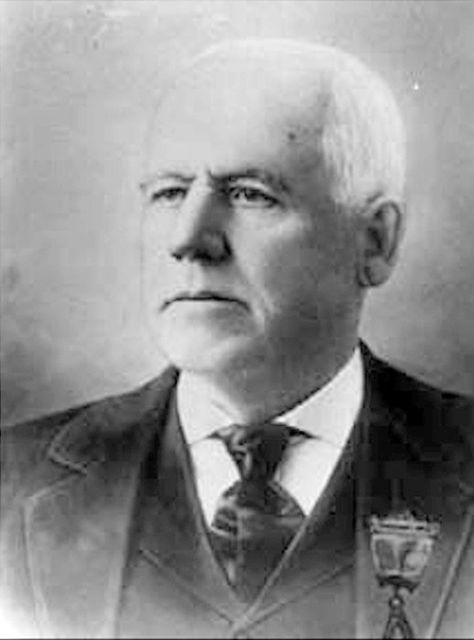Honolulu merchant Samuel Clesson Allen (1831-1903), the man for whom Port Allen, Kauai, is named, was born in Maine and got his start in business in Boston at a very early age as a clerk in the wholesale dry goods
Honolulu merchant Samuel Clesson Allen (1831-1903), the man for whom Port Allen, Kauai, is named, was born in Maine and got his start in business in Boston at a very early age as a clerk in the wholesale dry goods house of Wilkinson, Stetson & Co.
Then, in 1850, he left Boston on the American ship “Lo Choo” for Honolulu and soon after joined with Mr. W. A. Aldrich in a general merchandise business.
Allen was member of the Honolulu firm of Allen & Robinson, was prominently connected with Hawaiian lumber, sugar and shipping enterprises, and was the president of several sugar plantations and the director of many others.
On April 27, 1909, Eleele Landing on Hanapepe Bay, Kauai, was renamed Port Allen by the directors of the Kauai Railway Company in honor of Allen.
This distinction was bestowed upon him because he’d been associated in business with the Dillinghams, the McBrydes, and the firm of T. H. Davies & Company and other concerns in the starting of McBryde Sugar Co., Eleele in 1899, of which Kauai Railway Company, organized in 1906, was an offshoot.
Kauai Railway Company had just recently completed improvements to its terminus and port at Eleele Landing, costing over $100,000, which enabled Port Allen to handle the combined freight of Hawaiian Sugar Co. at Makaweli and McBryde Sugar Co.
Among these improvements was a new landing of three separate wharves, with a frontage of some 400 feet, capable of handling up to 1,500 tons of sugar per day besides a large amount of general merchandise.
Port facilities, which could accommodate and discharge two ocean-going steamers at one time besides an inter-island steamer, also contained storage capacity for 10,000 tons of sugar and general merchandise.
The Kauai Railway Company, which provided McBryde Sugar Co., Hawaiian Sugar Co., Lawai’s Kauai Fruit and Land Co., and Koloa Sugar Co. with rail transportation, retained private ownership of Port Allen until the 1930s.


